This year's trip to Fangmingyuan in Maliandao was very interesting. Next to the teatable was a cot, in which slept the daughter of Xiaomei, the shop's owner. The sweet little baby was initially fascinated by the strange laowai, but then rapidly became bored as the laowai sat there drinking tea, just like everyone else. She slept breathing in the scents of pu'ercha all around.
I snuck away from the university I had come to visit in order to return to Maliandao for a second look. Inevitably, this meant calling in at Fangmingyuan again. On the second visit of this trip, Xiaomei's cousin, the owner of a Beijing teashop, was also there. He has lived for some four or five years in Yunnan, and this cake is from his second-favourite area (after Laobanzhang), Jingmai.
Jingmaishan is in Lancang county of Simao, just north of Xishuangbanna. My previous experience with Jingmai has led me to expect a certain "nutty", savoury flavour.
As you can see from the above, this cake is made from smaller leaves. Like all Fangmingyuan cakes, they are well-made, and the leaves are lively, with a fresh, solid scent exuded from the wrapper.
I hadn't realised this, but it seems that Xiaomei and her cousin get her cakes pressed by the Yunnan Tea Research Institute - they of the Saturnian logo, shown on the above neipiao. By coincidence, this factory produced one of the first cakes that I ever bought, back in 2005. (I don't seem to have written about it, so perhaps I'll try and dig it out in future, if I can find it.)
If I know very little about pu'ercha at the moment, I knew even less back then. That Tea Institute cake wasn't great, but my poor judgement has been somewhat ameliorated by the effect of aging on that cake's leaves.
This Fangmingyuan cake suffers no such disadvantage. This is probably because Xiaodi picked it for me.
When brewed, this has the anticipated nutty, almost longjing, hazelnut-like character that I noticed when I drank it in Beijing. It is tart, green, and strong.
There is a problem with this tea, however. My teapot, Zidu, seems to hate it. He is not usually so objectionable, being an easy-going soul who is normally happy to brew whatever I give him. Occasionally, he will make his opinion known when he brews a tea that he truly loves - typically a good older pu'ercha - whereby he visibly shines, radiant in his purpleness.
With this Jingmai, however, he kicked up a fuss, which is rare. In fact, he refused to brew it. Every time I cleared his spout, he would instantly block, making it impossible to extract the tea, and causing it to overbrew. This happened over, and over, and over again.
Ultimately, I started again in a gaiwan - my celadon gaiwan, named Gertrude. She was much more obliging, but she is not quite as skilled with the brewing as Zidu. The result was sweet, but it was "brittle", and a bit sharp. "One dimensional - just bitterness", noted my dear wife.
After sweet-talking and coaxing, Zidu later condescended to brew this for a short while, the results of which were closer to that nutty, sweet charm that I had in Maliandao.
I don't think that this is a grand tea. Certainly, it isn't quite as good as Xiaomei's 2008 Bama, or the other Fangmingyuan cake that I bought from her this year, a Nannuo. However, it isn't priced particularly expensively, either - at 120 RMB, it is a good deal. I picked up a pair of them, to see if the effects of time can work some magic on the strong backbone characteristic of the leaves.
(This goes for a decent 158 RMB, on sale from 360 RMB, on the Fangmingyuan web-site.)
---
P.s. It seems that Xiaomei is the only source on the Internet that sells the really rather special 2005 Yishenghao, currently 880 RMB. This is notably different, and better, than the various red/purple spring/autumn Douji cakes from the same year.

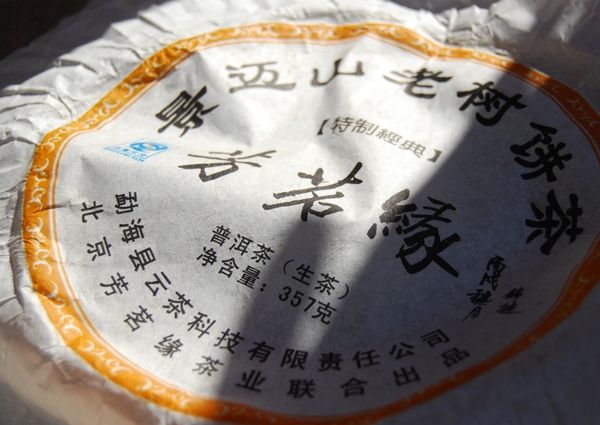
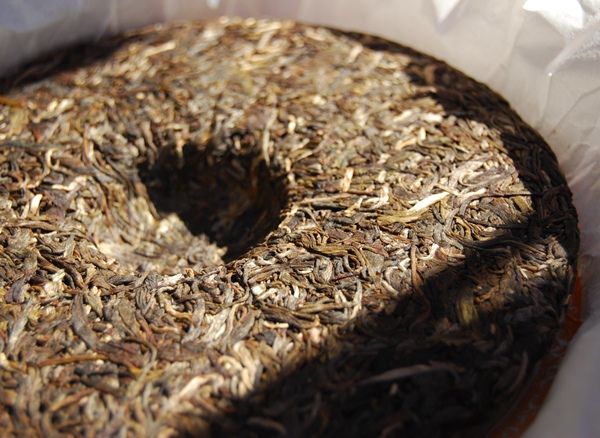
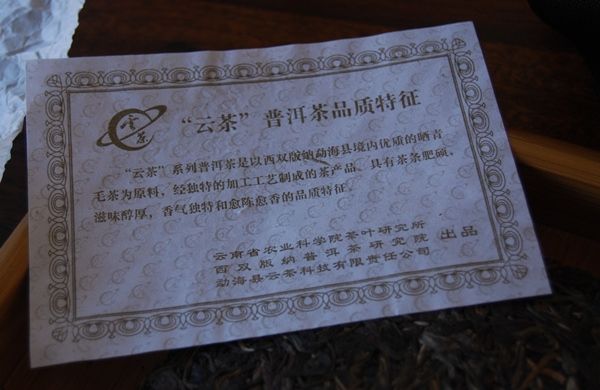
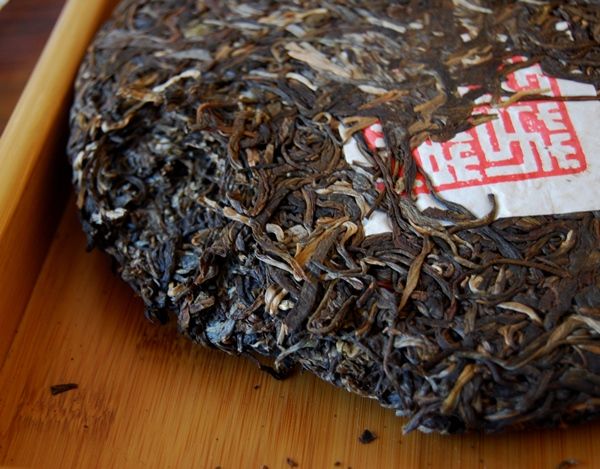
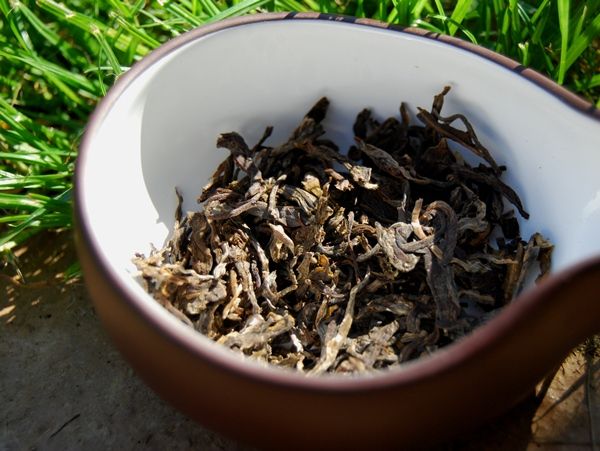
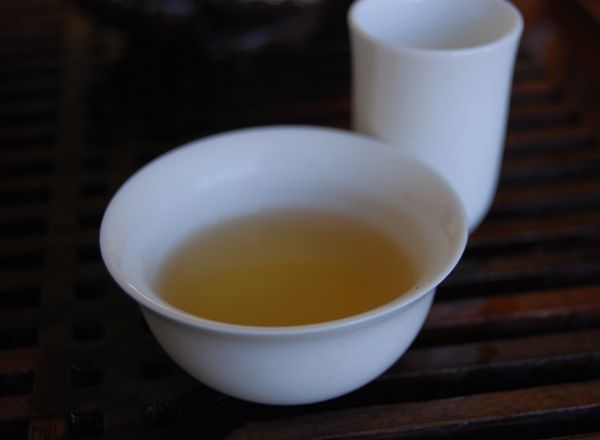
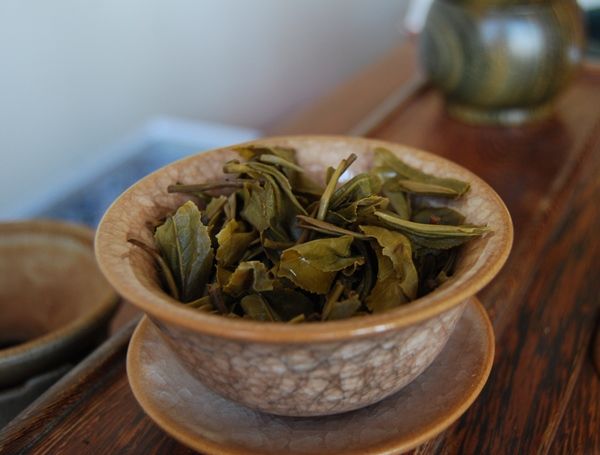
Good to see that they finally got their store online in a more presentable format. I remember telling her about the store that sold the Yisheng back in the day, and she bought a lot of them, although not quite 3000 cakes as indicated by the site - so don't be fooled into thinking there's a virtually unlimited supply.
ReplyDeleteIt is a pretty site, that's for sure. 3,000 Yisheng must have a rather lovely aroma...
ReplyDeleteToodlepip,
Hobbes
I believe that's the smell of RMB
ReplyDelete